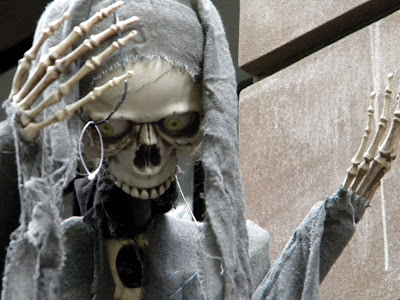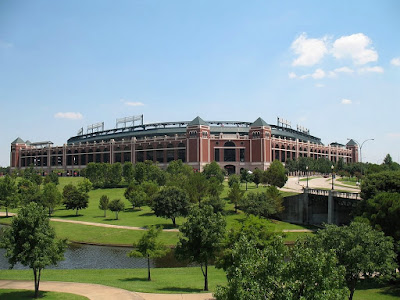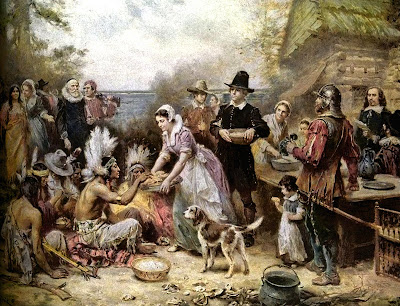 | Pioneers in the settlement of America: from Florida in 1510 to California in 1849 (1876). Author: Crafts, William A. (William August), 1819-1906. Publisher: Boston, Published by Samuel Walker and Company. |
This image is in the public domain in the United States, where Works published prior to 1978 were copyright protected for a maximum of 75 years. See
Circular 1 "COPYRIGHT BASICS" PDF from the U.S. Copyright Office. Works published before 1923 in this case 1876 are now in the public domain.
and also in countries that figure copyright from the date of death of the artist (post mortem auctoris in this case William A. Crafts (1819-1906) and that most commonly run for a period of 50 to 70 years from December 31st of that year.
When Europeans first settled in America, the belief in witchcraft was universal among civilized nations. It had come down from the dark ages, and thousands of victims had been condemned as witches, tortured, and burned at the stake. Coming to a vast, unbroken wilderness, into which the light of true religion had never penetrated, and inhabited by heathen who were believed to be worshippers and agents of devils, the superstition which the colonists shared in common with all people of that age was by no means diminished.
The mysterious forest seemed the fitting abode of evil spirits, who were more powerful here than elsewhere, because of the incantations of the Indians, and the absence of the counteracting influence of the worship of God. Romanist and Protestant alike believed that here they had to contend with the spirit of darkness, who ruled his worshippers, the natives, if he did not openly wage war upon Christians. The more strict they were in the observance of religious services, the stronger was this belief; and among the Protestants, the Puritans of New England were the most ready to put faith in the superstition.
Happily, among the settlers there were few of that class of evil-disposed and idle persons, railers at sacred things and experts in necromancy, who might be charged with dealings with Satan, and who, in Europe, furnished the great number of victims who suffered for witchcraft; else it is quite probable that such madness as was displayed at a later day would have been manifest from the first.
But 'the Puritans were not alone in their belief in witchcraft, or readiness to punish witches. Even under the mild and liberal government of Penn, two Swedish women were indicted for witchcraft, under instructions from the governor himself; and they escaped by reason of some defect in the indictment, rather than from any unwillingness to punish the offence.
It is said that Penn, on one occasion, in the early days of Philadelphia, when a woman was charged with being a witch and riding a broomstick through the air, declared there was no law against that method of locomotion, and she might so ride as often as she pleased; but if this be true, he had probably modified his opinions if he prompted the indictment of the Swedish women.










































